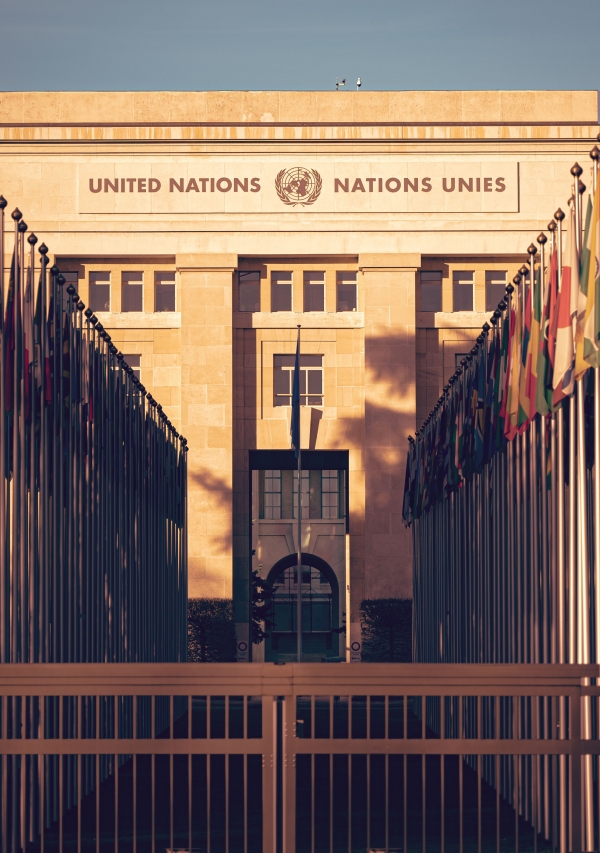Despite the large number of losses and injuries of “Blue Helmet” peacekeepers, the UN is working to advance its core principles - spreading peace and providing humanitarian relief to the most vulnerable civilians across the world. Here, we will take a brief look at some of 2021’s most urgent situations that will remain with us into 2022.
Syria: amid the humanitarian crisis, security and economic collapse, and corruption, the ten-year conflict has killed more than 350,000 people. Despite signs of hope in October of this year, the efforts to find agreement on a new Syrian constitution have proved fruitless so far. Nevertheless, the UN is still working to encourage dialogue between the warring parties and broker a new peace.
Yemen: according to the UN, Yemen remains the world’s worst on-going humanitarian crisis. People are facing severe food shortages and malnutrition, and over 10,000 children have been killed or injured since the beginning of the conflict in 2015. Yemen is strategically located near some of the world's busiest shipping lanes, sitting at the entrance of the Red Sea, and has wealthy states to its north in Saudi Arabia and the UAE. If the warring parties agree to stop fighting and a stable government took power, extreme poverty could be eradicated within a generation. Yet such a reality seems all too far away given the current circumstances.
Afghanistan: after the Taliban's takeover, the country's situation has worsened: basic human rights are being impinged upon and millions of Afghans are facing starvation. More women and children have been killed and wounded in the first half of 2021 than in the first six months of any year since 2009. The UN, together with the World Food Programme (WFP), is taking action to avert a potential catastrophe, but persuading countries to provide vital assistance is proving hard given the fear of funds falling into the hands of the Taliban.
Ethiopia: the Tigray region of Ethiopia has been the epicentre of the conflict between Government troops and the regional forces of the Tigray People’s Liberation Front (TPLF). The UN is concerned about systematic human rights violations, as well as the targeting of civilians and aid workers.
Myanmar: the detentions of political leaders and government officials in a military coup in February of this year have been severely condemned by the UN, which called for an immediate international response. The human rights situation has worsened rapidly and the widespread dissent against the takeover led to the killing of several protestors, throwing the country into instability.
Mali: in September 2020, Bah Ndaw gained control of Mali in a military coup. However, the country was thrust into even greater peril when Assimi Goïta, a fellow member of Ndaw's military junta, attempted another coup in May 2021, seizing the presidency for himself. The country remains the most dangerous area for UN peacekeepers: to date, more than 200 of them have been killed. Their presence in the country, however, remains essential to deliver humanitarian aid, with alternative systems of support being thrown into absolute chaos given the overlapping power vacuums.
The UN hopes to continue supporting these critical areas and encourage other counties to put politics aside and intervene where the lives of civilians are put at risk.
To read more, please visit:
Author: Antonella Candiago; Editor: Xavier Atkins







